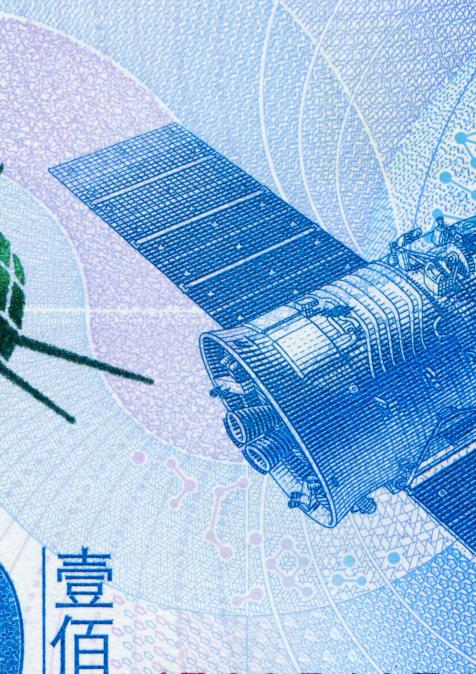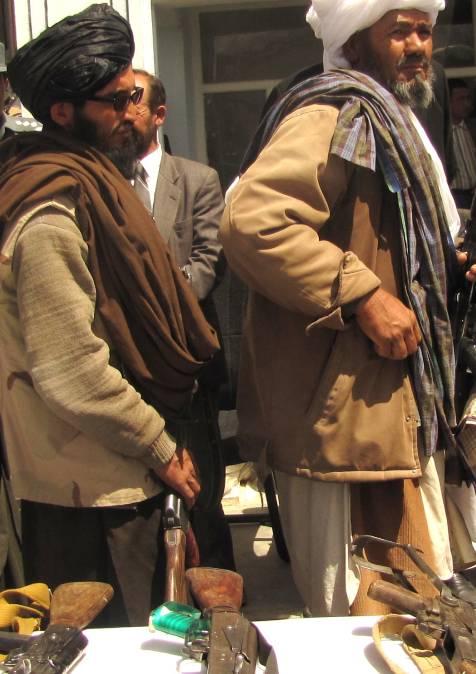Publications /
Opinion
To date only 676 humans have journeyed into space. It is a battleground for scientists and military thinkers, engaged in research and exploration through ever more daring and highly-funded initiatives. Unexpected nations such as India are getting involved—India plans its own space laboratory, Bharatiya Antariksha Station, to be stationed permanently in space from around 2035. The nation of 1.5 billion people hopes to land the first Indian citizen on the lunar surface five years later, thus joining the space powers of the U.S., Russia, and China, which are ready to invest billions, and the European Union, Japan, and Canada in the U.S.-led International Space Station (ISS).
The ISS may face de-orbiting by 2031 at the latest. Russia, one of the tenants of the ISS, at least until 2025, is being pushed by Putin to move into its own, still-to-be-constructed space station by 2027 (Reuters, October 26, 2023). China, as of October 2023, had sent 22 Chinese ‘taikonauts’ into space (compared to the U.S.: 340 astronauts, and Russia: 130 cosmonauts) and had landed rovers and robots on Mars and the moon, determined to assemble in the 2030s an International Lunar Research Station—a permanent automated and, later, human-occupied moonbase. Agence France Presse (AFP) reported that “China’s space dream—a long march to the moon and beyond” (October 31, 2022) had, under Chinese President Xi Jingping, “been put into overdrive”.
It’s a Fact: We’re in a Space Race
Both China and the U.S. have plans to land astronauts on the moon before the end of this decade. Thus, “talk of a new space race”, has been revived, wrote Brett Tingley in Space (January 10, 2024). “It is a fact”, confirmed NASA administrator Bill Nelson in an interview quoted by Space, that “we are in a space race, and it is true that we better watch out that they don’t get to a place on the moon under the guise of scientific research. And it is not beyond the realm of possibility they( China) say, ‘keep out, we are here, this is our territory’”. Nelson announced that NASA is targeting 2026, possibly 2028, for the Artemis III mission, the landing of four astronauts, including at least one woman, on the lunar surface. The space crew is scheduled remain on the moon for one month, longer than any human before. “I do not have a concern that China is landing before us”, insisted the NASA boss. But he does not expect fair play from the rivals: “I think that China has a very aggressive plan. I think they would love to land before us, because that would give them some PR coup.”
Astronauts and taikonauts are aiming for the lunar south pole, a region said to be rich in water ice. These ice deposits hold immense value as they could provide drinking water and breathable oxygen, and could even serve as a source of hydrogen and oxygen for rocket propellant production. Unlocking the secrets of lunar ice, noted Tomorrow.bio (November 7, 2023) “is paramount for future space missions. Compounds such as methane, ammonia, and carbon dioxide have been detected, raising further questions about the Moon’s history and potential resources.” Landing on the moon, insists Thomas Zurbuchen, NASA’s Associate Administrator for Science, “is not about flags and footprints, it is about building a sustainable presence on the moon and to set in place the foundations for a moon base and future missions to Mars”. Yes, but China is now on track to outpace the United States as the leading space power by 2045, according to the latest version of the Pentagon ‘State of the Space Industrial Base: winning the New Space Race for Sustainability ,Prosperity and the Planet (Defense Technical Information Center,August, 8, 2022)
Active Collaboration in Space is Forbidden
On July 4, 2021, taikonauts Liu Boming and Tang Hongbo dared to make the first ever space walk outside the Chinese space station. Its core module was launched into orbit two months before, in April 2021, by a Long March 5 B rocket. “The extra-vehicular activity”, wrote analyst Peter Singer (Defenseone.com, July 16, 2021), “marked yet another major step for the country’s ambitious space program and a vivid sign of what is to come”. Andrew Jones confirmed in Space that China is looking for partnerships for its upcoming missions to the moon and deep ventures into the solar system. Russia has already signed a lunar project agreement with Beijing. China’s project Chang’e 6 features participation from Sweden and the European Space Agency (ESA), in the form of a negative ion detector, a French radon instrument, and a Pakistani CubeSat named ICUBE-Q.
Any active collaboration between Washington and Beijing in space is forbidden by a U.S. congressional vote, passed in 2011. One major reason: the militarized tilt of the Chinese space program. “After another year of U.S. aeronautics company Space X dominating headlines about the industry”, noted Nikkei Asia (January 3, 2024), “2024 promises to bring an uptick in public and private space activity from countries such as China, India and Japan”.
Looking to Profit-making Companies to Make it Happen
The American Space X, owned by Elon Musk, one of the world’s richest men, remains the only commercial operator of reusable rockets. China’s LandSpace though, which made its first successful satellite launch in December 2023, says it will launch a reusable rocket in 2025. The plan is to use methane as fuel, just like the two-stage heavy lift Starship developed by Space X. Methane-based fuel is gaining attention—it could eventually be produced on Mars with local materials such as carbon oxide and water from ice. Return trips from the red planet could be more feasible. The Japan Aerospace Exploration Agency (JAXA) and MHI (Mitsubishi Heavy Industries)are also developing a methane-fueled rocket for a possible launch around 2030 (Nikkei Asia, January 7, 2024). Five moon landers made by U.S. companies are due to touch down on the moon this year with NASA devices on board, reported the Wall Street Journal (January 7, 2024), but NASA is “looking to profit-seeking companies to make it happen”. The glory of conquering Mars and the moon is celebrated in Washington; the financing of the challenge is secured by Wall Street.










